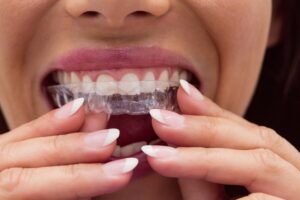Waking up with jaw pain can be a frustrating and puzzling experience. It can affect your ability to eat, talk, and go about your day comfortably. But why does my jaw hurt when i wake up? Understanding the underlying causes of jaw pain and exploring effective treatments can help you find relief and prevent future discomfort.
In this comprehensive guide, we’ll delve into the common causes of morning jaw pain, how to manage it, and when to seek professional help.
Common Causes of Morning Jaw Pain
1. Bruxism (Teeth Grinding and Clenching)
Bruxism is one of the most common causes of jaw pain. It refers to the involuntary grinding or clenching of teeth during sleep. This excessive pressure on your teeth and jaw muscles can lead to soreness and stiffness.
- Symptoms: Jaw pain, headaches, tooth sensitivity, and worn-down teeth.
- Causes: Stress, anxiety, sleep disorders, or misaligned teeth can contribute to bruxism.
2. Temporomandibular Joint Disorder (TMJ/TMD)
The temporomandibular joint connects your jawbone to your skull, enabling you to chew, speak, and yawn. Disorders affecting this joint can cause pain and restricted movement.
- Symptoms: Jaw pain, clicking or popping sounds, and difficulty opening your mouth fully.
- Causes: Trauma, arthritis, or prolonged jaw clenching can lead to TMJ disorders.
3. Sleep Position
The way you sleep can directly affect your jaw. Sleeping on your stomach or with your face pressed against the pillow may place undue pressure on your jaw, leading to discomfort when you wake up.
- Solution: Adjusting your sleep posture can alleviate pressure and reduce jaw pain.
4. Stress and Anxiety
Stress and anxiety can cause you to unconsciously clench your jaw or grind your teeth, especially at night. Over time, this tension can lead to muscle fatigue and jaw pain.
- Symptoms: Tightness in the jaw, headaches, and sore facial muscles.
- Solution: Stress management techniques such as mindfulness, meditation, or yoga can help.
5. Improper Bite (Malocclusion)
When your teeth don’t align properly, your jaw may compensate by exerting extra force, leading to pain and discomfort over time.
- Solution: Orthodontic treatments such as braces or clear aligners can correct bite alignment.
Effective Treatments for Jaw Pain
Addressing the root cause of your jaw pain is essential for effective relief. Here are some proven treatments:
1. Mouthguards
Wearing a custom-fitted mouthguard at night can help protect your teeth from grinding and alleviate pressure on your jaw muscles. These are especially beneficial for people with bruxism.
2. Stress Management
Since stress is a major contributor to jaw pain, incorporating stress-reduction techniques into your daily routine can make a significant difference. Consider:
- Meditation: Practicing mindfulness can help relax your body and reduce tension.
- Exercise: Physical activity releases endorphins, which naturally lower stress levels.
- Therapy: Cognitive-behavioral therapy (CBT) can provide tools to manage anxiety and stress.
3. Proper Sleep Posture
Adjusting your sleep position can alleviate morning jaw pain:
- Back Sleeping: Sleeping on your back minimizes pressure on your jaw.
- Neck Support: Using a supportive pillow helps maintain proper alignment of your head and neck.
4. Jaw Exercises
Gentle jaw exercises can help improve flexibility, reduce stiffness, and strengthen jaw muscles. Here’s one you can try:
- Open your mouth slowly and as wide as is comfortable.
- Move your jaw side to side.
- Repeat 10 times.
5. Over-the-Counter Pain Relief
Nonsteroidal anti-inflammatory drugs (NSAIDs), such as ibuprofen, can help alleviate pain and reduce inflammation in the jaw.

Preventing Morning Jaw Pain
Prevention is better than cure. By adopting these habits, you can minimize the risk of waking up with jaw pain:
- Practice Good Oral Hygiene: Regular dental check-ups can help identify and address potential issues such as misaligned teeth or early signs of bruxism.
- Avoid Hard Foods: Limit chewy or hard foods that can strain your jaw muscles.
- Hydrate and Eat a Balanced Diet: Dehydration and poor nutrition can contribute to muscle fatigue.
People Also Ask (PAA): Common Questions Answered
1. Why does my jaw hurt in the morning?
Morning jaw pain is often caused by teeth grinding (bruxism), TMJ disorders, or poor sleep posture. Identifying the root cause is key to finding relief.
2. How do I stop clenching my jaw at night?
Wearing a mouthguard, practicing stress management, and maintaining proper sleep posture can reduce nighttime jaw clenching.
3. When should I see a doctor for jaw pain?
If your jaw pain persists despite self-care, consult a dentist or medical professional. They can diagnose underlying issues and recommend treatments.
When to See a Professional
If you experience persistent or severe jaw pain, it’s essential to seek professional evaluation. Early intervention can prevent complications such as chronic pain, jaw locking, or further damage to your teeth.
What to Expect During Your Visit
A dentist or specialist may:
- Perform a physical examination of your jaw.
- Take X-rays or use imaging technology to assess the TMJ.
- Recommend treatments such as mouthguards, orthodontics, or physical therapy.
Conclusion: Take Control of Your Jaw Health
Waking up with jaw pain can disrupt your daily routine, but understanding the causes and taking proactive steps can make a significant difference. From addressing bruxism with mouthguards to managing stress and improving sleep posture, there are effective solutions for relief.
Schedule Your Consultation Today!
If jaw pain is affecting your mornings and quality of life, don’t wait. Contact your dentist today for a thorough evaluation and personalized treatment plan. Take the first step toward waking up pain-free and enjoying your mornings again!







